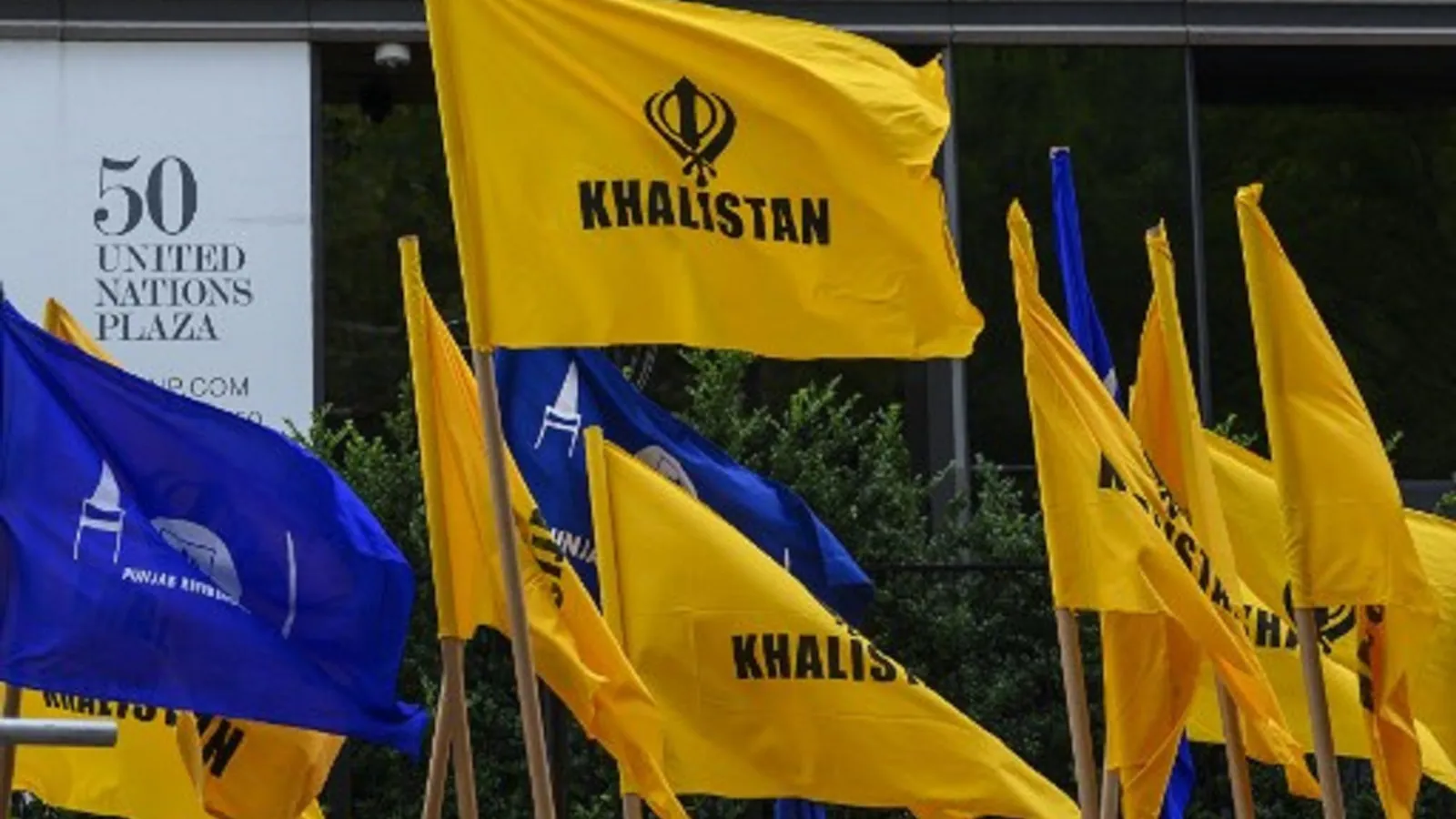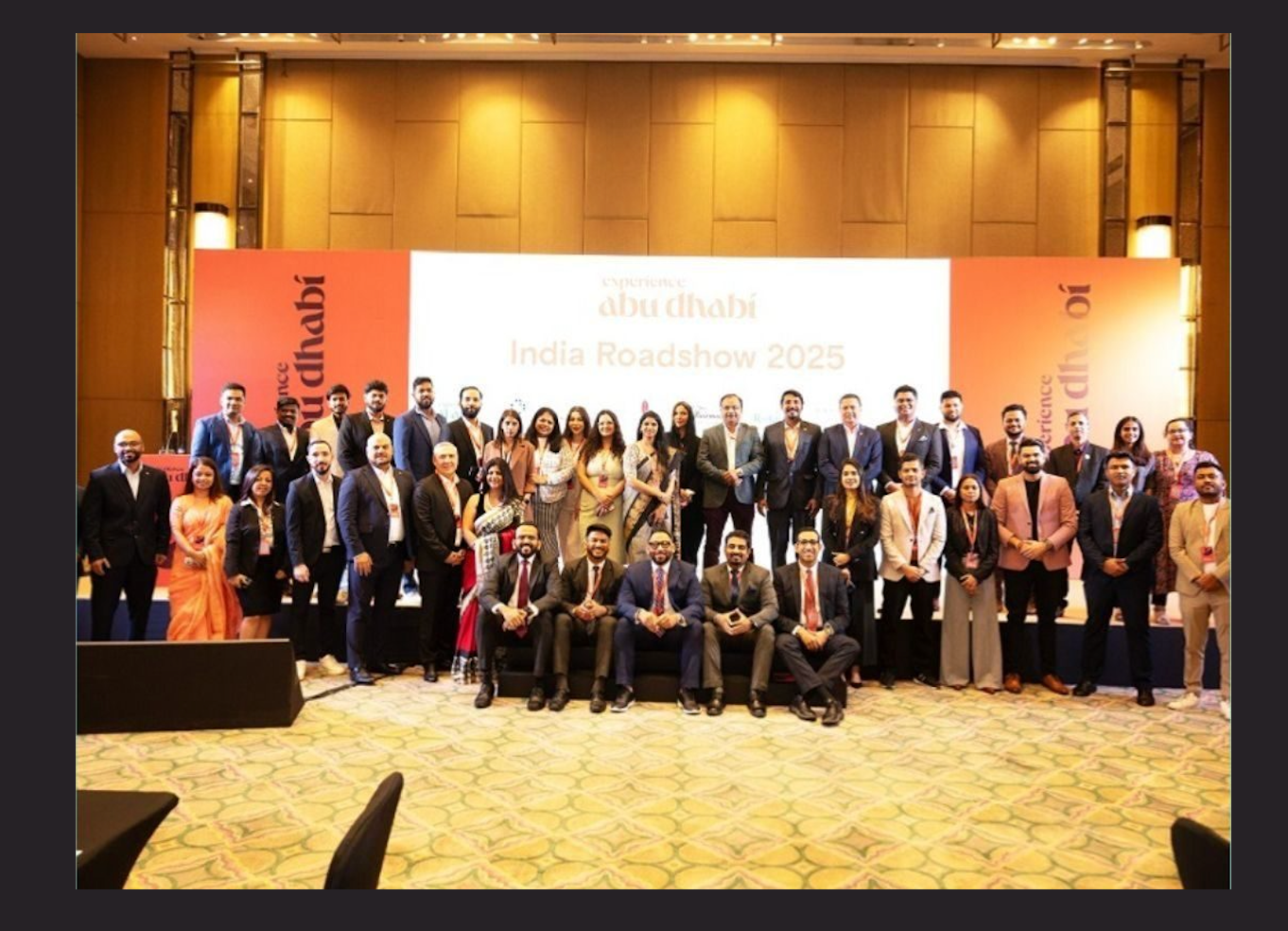-
In the US, the impact of this ban is being felt by the large NRI community
-
Many are worried about the availability and cost of rice, leading to a rush to stock up on this essential commodity. Local grocery stores have reported an increase in sales of rice bags, with some customers buying in bulk.
The recent ban on rice exports by India has led to a surge in the price of this staple food, causing concern among Non-Resident Indians (NRIs) in the United States (US), reported Business Today. As a result, many NRIs have resorted to bringing home dozens of rice bags from their local grocery stores in anticipation of a potential shortage and further price hikes.
In the US, the impact of this ban is being felt by the large NRI community. Many are worried about the availability and cost of rice, leading to a rush to stock up on this essential commodity. Local grocery stores have reported an increase in sales of rice bags, with some customers buying in bulk.
The rice ban has caused panic buying in the Telugu population in North America, Europe, and West Asia due to the possibility of rice scarcity, The Times of India reported. As a result, long lines have formed outside Indian grocery stores throughout the region, the report added. “A bag of 9kg rice is sold at $27.”
The export ban by India, which accounts for 40 per cent of the world’s rice exports, has significantly impacted the global supply chain. Asian rice trade paused to digest the implications of this ban, with traders predicting that prices would climb substantially in the coming days
Panic buying has been witnessed in major cities such as Texas, Michigan, and New Jersey. Here in these cities, some stores have imposed sales limits, such as selling only one rice bag per customer.
India, the world’s largest exporter of rice, recently imposed a ban on all exports of non-basmati white rice. This decision was taken to keep domestic prices in check, as they had climbed to multi-year highs due to erratic weather-threatening production. The ban has not only affected the global rice market but also sparked fears of inflation.
The export ban by India, which accounts for 40 per cent of the world’s rice exports, has significantly impacted the global supply chain. Asian rice trade paused to digest the implications of this ban, with traders predicting that prices would climb substantially in the coming days.
********************************************************
Readers
These are extraordinary times. All of us have to rely on high-impact, trustworthy journalism. And this is especially true of the Indian Diaspora. Members of the Indian community overseas cannot be fed with inaccurate news.
Pravasi Samwad is a venture that has no shareholders. It is the result of an impassioned initiative of a handful of Indian journalists spread around the world. We have taken the small step forward with the pledge to provide news with accuracy, free from political and commercial influence. Our aim is to keep you, our readers, informed about developments at ‘home’ and across the world that affect you.
Please help us to keep our journalism independent and free.
In these difficult times, to run a news website requires finances. While every contribution, big or small, will makes a difference, we request our readers to put us in touch with advertisers worldwide. It will be a great help.
For more information: pravasisamwad00@gmail.com










